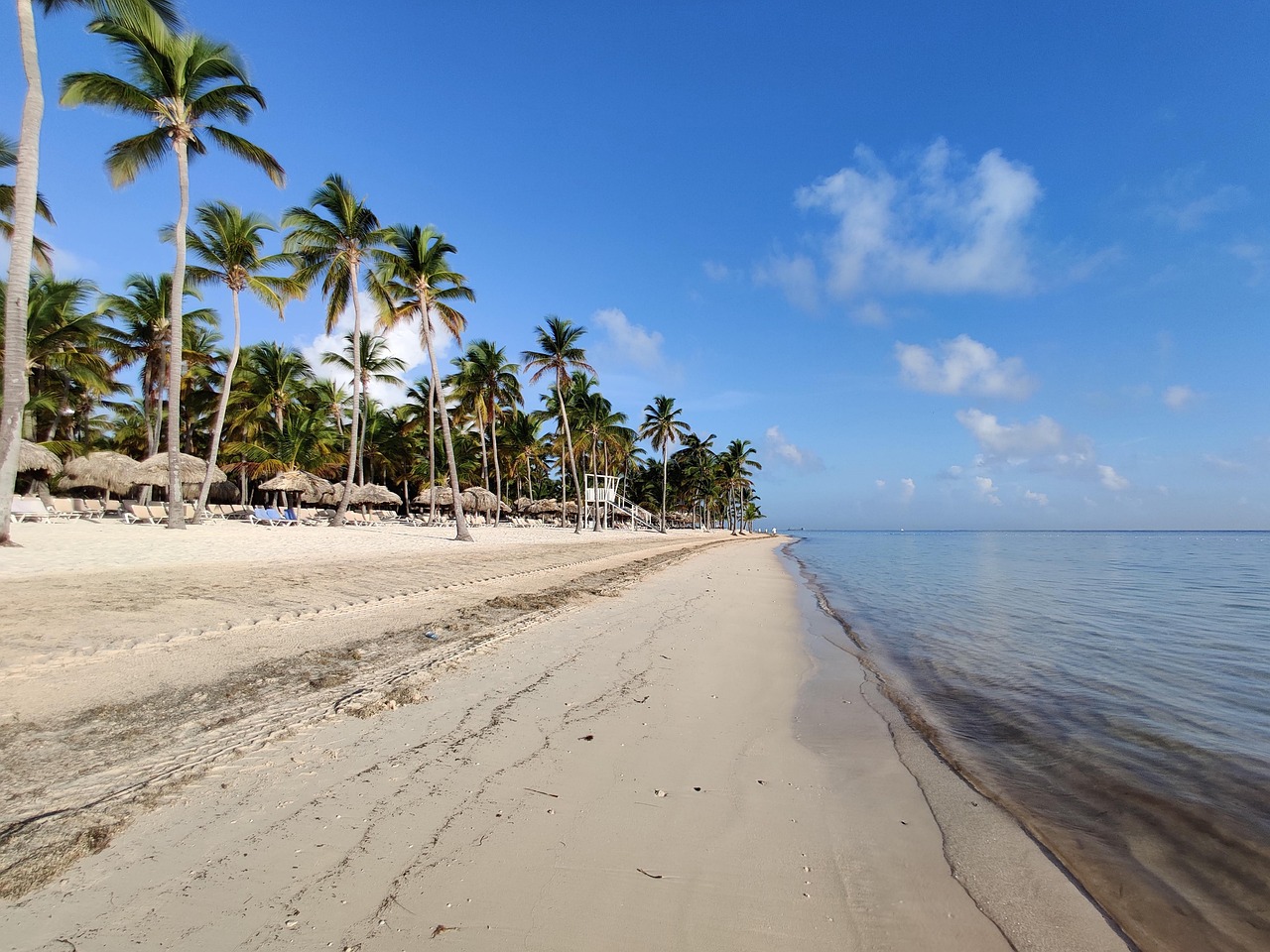Coping with Power Outages: Being Prepared in Dominican Republic
Power outages can be an inconvenience, but with proper preparation, you can minimize their impact on your daily life. In the Dominican Republic, power outages are relatively common, and it is essential to be ready for them. This article will guide you through the necessary steps to cope with power outages and ensure your safety and comfort during these situations.
Understanding Power Outages in Dominican Republic
Dominican Republic experiences frequent power outages due to various reasons such as infrastructure limitations, maintenance issues, and natural disasters. The power grid in the country is susceptible to disruptions, which can result in temporary blackouts. It is important to be aware of the causes and frequency of power outages in your area to better prepare for them.
- Infrastructure Limitations: The power infrastructure in some areas of Dominican Republic may not be able to handle the high demand, leading to frequent power outages.
- Maintenance Issues: Scheduled maintenance and repairs on power lines and equipment can cause temporary power outages.
- Natural Disasters: Hurricanes, storms, and other natural disasters can damage power lines and disrupt the electricity supply.
Creating an Emergency Preparedness Plan
Having a well-thought-out emergency preparedness plan is crucial to effectively cope with power outages. Here are some key steps to include in your plan:
- Stock Up on Essential Supplies: Keep a supply of non-perishable food, drinking water, batteries, flashlights, and a battery-powered radio to stay informed during power outages.
- Invest in a Generator: Consider purchasing a generator to provide temporary power during outages. Make sure to follow safety guidelines and keep it properly maintained.
- Charge Electronic Devices: Keep your mobile phones, laptops, and other essential devices fully charged before a potential power outage.
- Have a Communication Plan: Establish a communication plan with your family and friends to stay connected during emergencies. Share important contact information and establish a meeting point in case of separation.
- Know Your Neighborhood: Familiarize yourself with nearby facilities that may have backup generators, such as hospitals, community centers, or shopping malls, where you can seek temporary shelter and access power.
Ensuring Food Safety
During power outages, it is essential to take precautions to ensure the safety of your food and avoid foodborne illnesses. Here are some tips:
- Keep the Fridge and Freezer Closed: Minimize opening the refrigerator and freezer doors to maintain the cold temperature as long as possible.
- Use a Food Thermometer: Use a food thermometer to check the temperature of perishable items in the refrigerator. Discard any food that has been above 40°F (4°C) for more than two hours.
- Consume Perishable Food First: Eat perishable items first to minimize waste and prevent spoilage.
- Consider Alternative Cooking Methods: If you have a gas stove or grill, you can use them for cooking during power outages. Make sure to use them safely and in well-ventilated areas.
Staying Safe During Power Outages
Power outages can sometimes lead to safety hazards. Here are some important safety measures to follow:
- Use Battery-Powered Lights: Avoid using candles as a light source to prevent fire hazards. Opt for battery-powered flashlights or lanterns instead.
- Unplug Appliances: Unplug your appliances and electronics to protect them from power surges when the electricity is restored.
- Be Cautious with Generators: If you are using a generator, ensure it is placed outdoors in a well-ventilated area away from windows, doors, and vents to prevent carbon monoxide poisoning.
- Stay Hydrated: Drink plenty of water to stay hydrated, especially during hot weather when power outages can affect air conditioning.
- Stay Informed: Keep a battery-powered radio or a charged mobile phone to stay updated on the status of power restoration efforts and any emergency announcements.
Community Support and Resources
During power outages, communities often come together to support each other. Here are some community resources that can be helpful:
- Local Emergency Services: Familiarize yourself with local emergency services, including police, fire departments, and medical facilities, in case of emergencies.
- Community Centers: Community centers may serve as temporary shelters during prolonged power outages. They can provide access to power, food, and water.
- Neighbors and Friends: Establish good relationships with your neighbors and friends, as they can offer support and assistance during power outages.
Dominican Republic Image 1:

Dealing with Prolonged Power Outages
In some cases, power outages in the Dominican Republic can last for extended periods. Here are additional steps to consider for prolonged outages:
- Preserve Phone Battery: Minimize the use of your mobile phone to conserve battery power. Use it only for essential communications.
- Find Cooling Centers: Look for designated cooling centers in your area, such as air-conditioned public spaces or shelters, to escape extreme heat during prolonged outages.
- Stay Updated: Stay informed about the progress of power restoration efforts through local news sources or official social media channels.
Dominican Republic Image 2:

Conclusion
Power outages can be challenging, but with proper preparation and a well-executed plan, you can cope effectively. By understanding the causes of power outages, creating an emergency preparedness plan, ensuring food safety, staying safe, and utilizing community resources, you can navigate power outages in the Dominican Republic with confidence.
Dominican Republic Image 3:

References
- dominicantoday.com
- diarioinformacion.com
- listindiario.com


